WWF’s Johan Bergenas on why he loves the ocean—and what we need to do to protect it
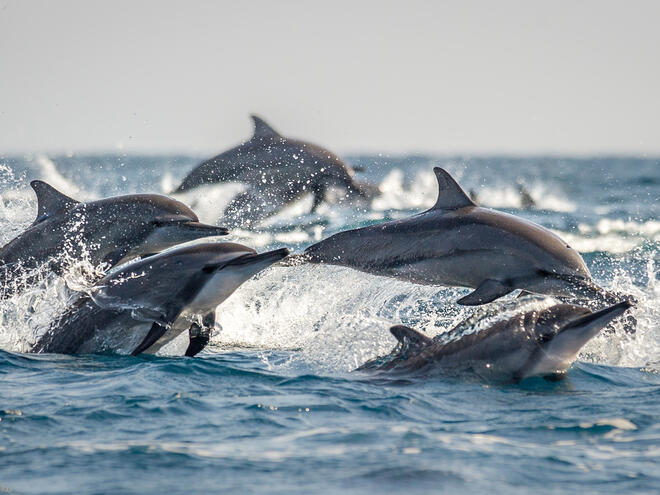
WWF’s senior vice president for ocean conservation, Johan Bergenas, tells us why he loves the ocean, and why we cannot afford to lose it.
Read moreDedicated To People, The Planet, and All Its Inhabitants – Since 1996


WWF’s senior vice president for ocean conservation, Johan Bergenas, tells us why he loves the ocean, and why we cannot afford to lose it.
Read more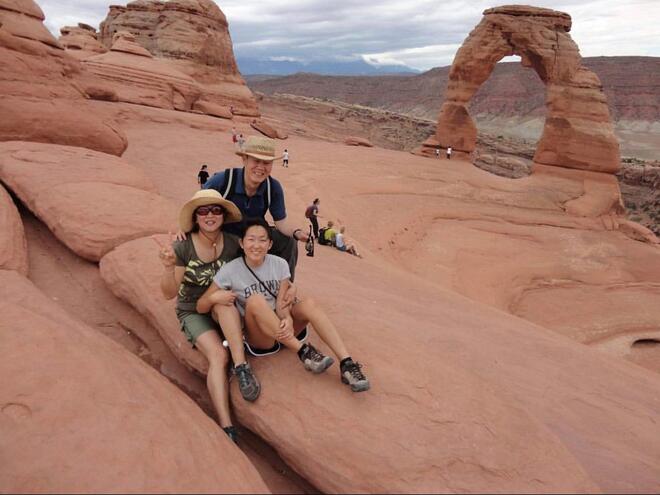
At WWF, I work to motivate people to protect the natural world—the wildlife, wild places, and communities that make our planet. Just as my dad, who immigrated from Korea, saw the abundance of opportunity in this country, I see endless possibilities in how we can address Earth’s most pressing conservation issues.
Read more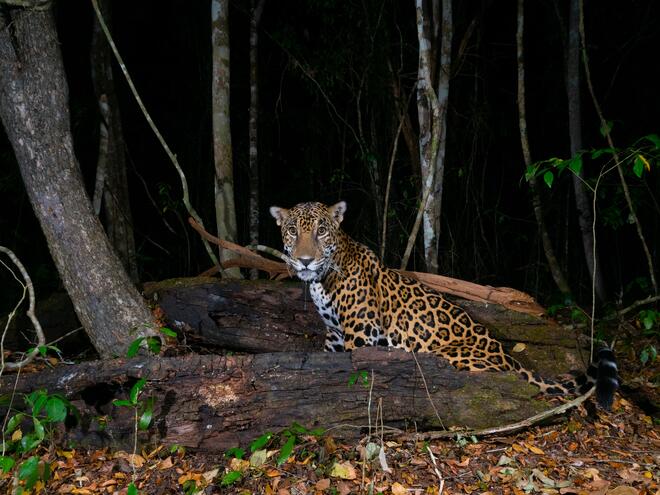
A solar powered fence reduces jaguar attacks and brings electricity to a ranch for the very first time.
Read more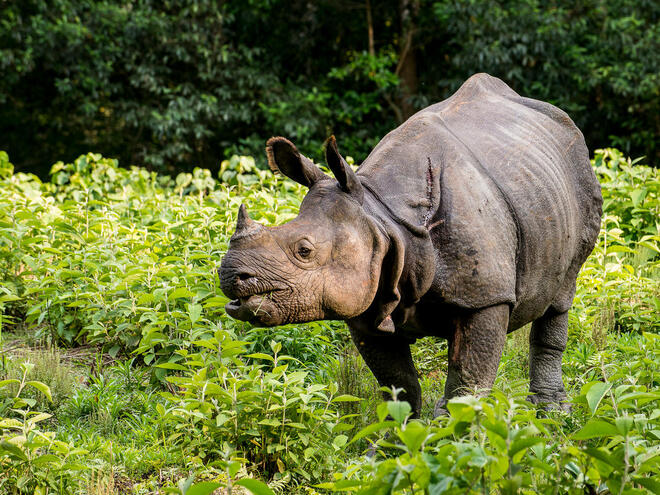
Nepal’s rhino population has increased by 16%, according to the results of the National Rhino Count 2021—a promising sign for the greater one-horned rhino population in the country.
Read more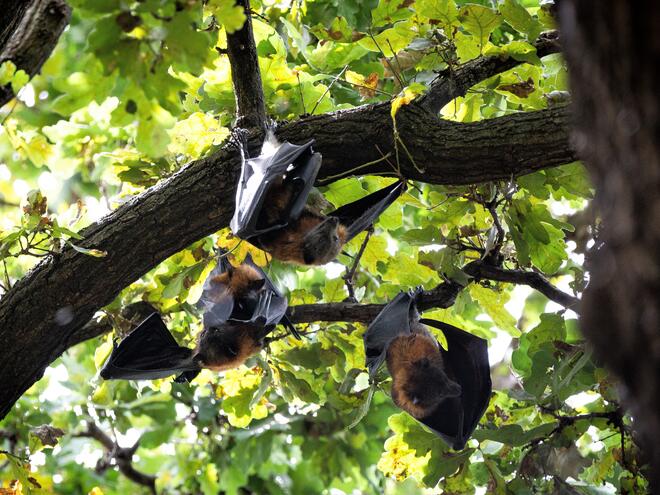
With climate change driving more extreme heat events in Australia, species across the country are at heightened risk. Flying foxes, in particular, can suffer fatal heat stress when temperatures climb to over 108 degrees, an occurrence growing more and more common across the country. But a successful trial of a system of atmospheric cooling sprinklers has given hope to researchers working to protect this vulnerable species.
Read more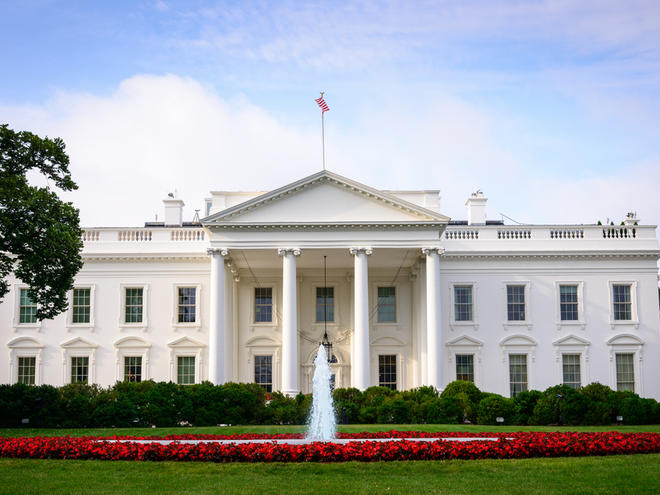
On Earth Day 2021, President Biden will host an international Leaders Climate Summit to rally world leaders around climate change. The goal is for countries to commit to strong measures to reduce greenhouse gas emissions while also strengthening their climate resilience plans.
Read more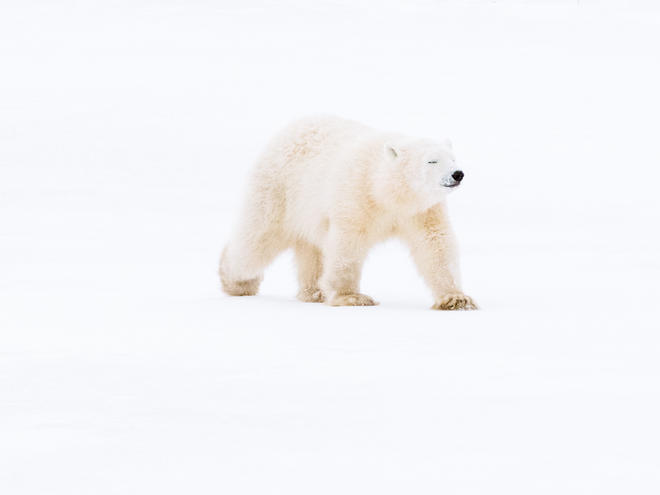

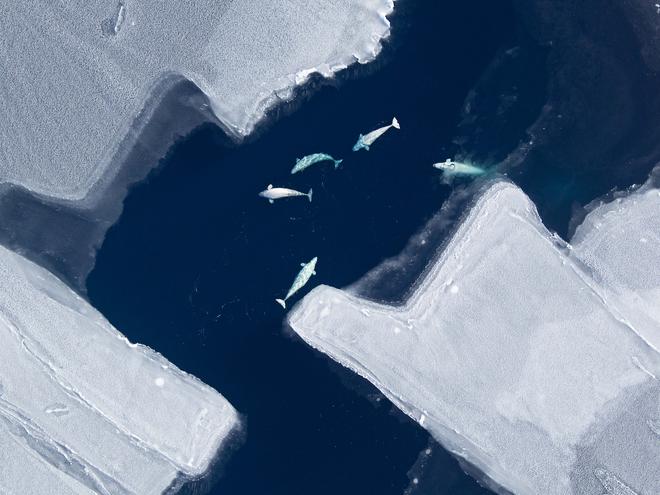
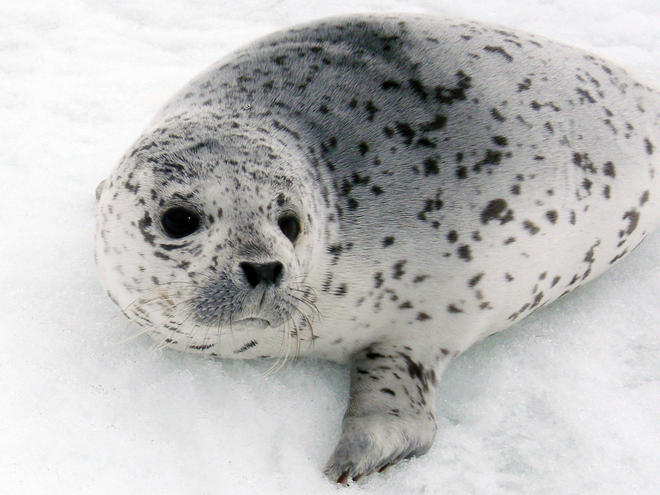
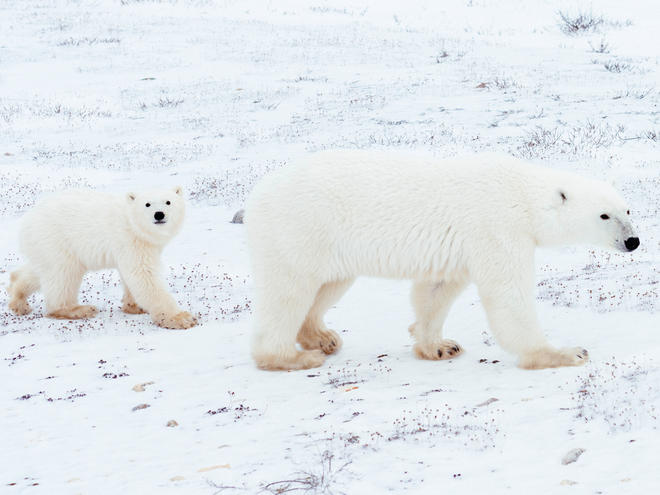
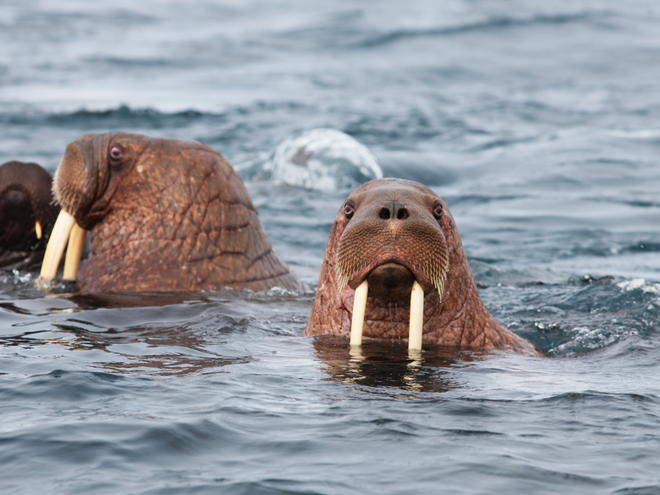
How a handful of the Arctic’s abundant wildlife would be impacted by offshore drilling and a potential oil spill in the Arctic.
Read moreAs sunlight returns to northern Alaska, there are hints of a coming renewal on the Coastal Plain—1.5 million acres adjacent[…]
Read more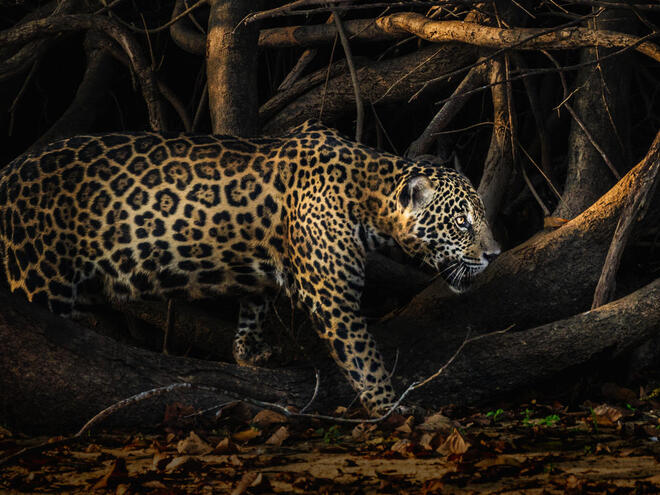
Celebrating World Wildlife Day with 5 of our favorite wildlife species living in forest habitats around the world.
Read more
We can prevent a dire future, where plastic production is tripled by 2050, if we choose action now to reduce the number of single-use products produced and to ensure that the rest are made from recycled or responsibly sourced content rather than fossil fuels.
Read more